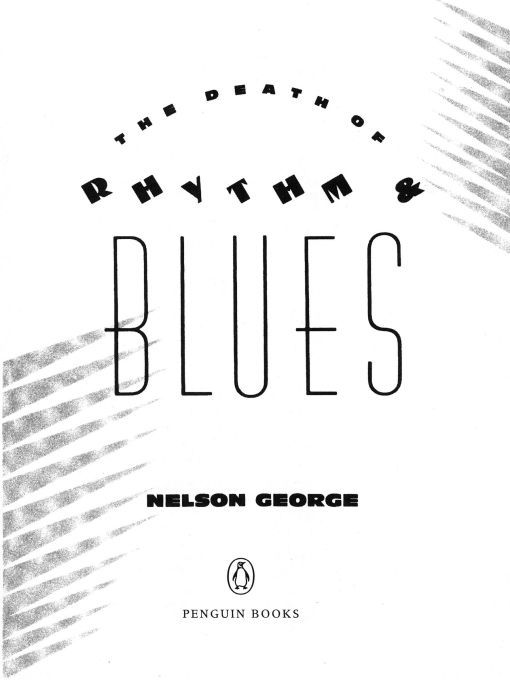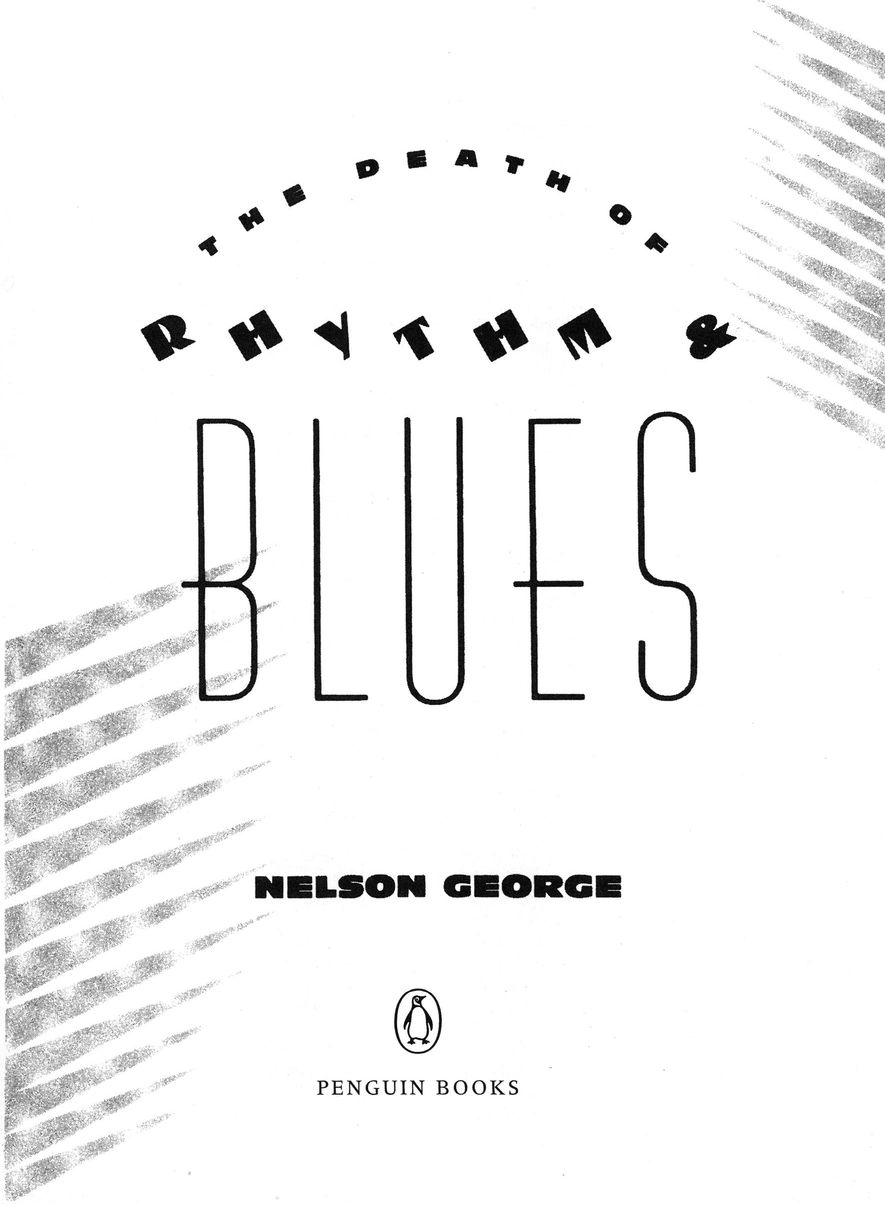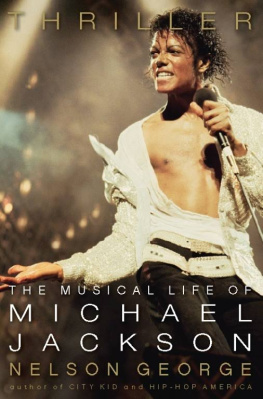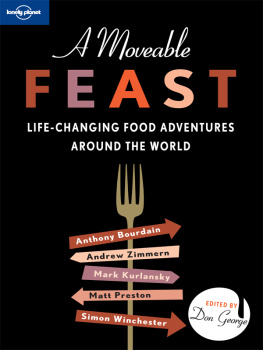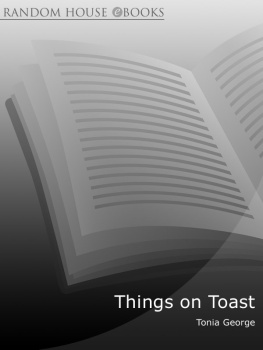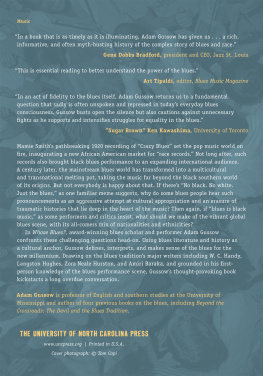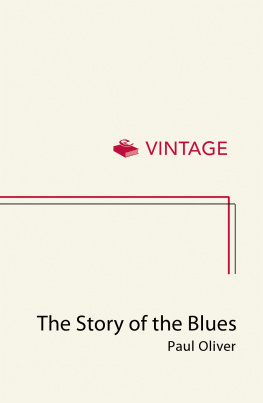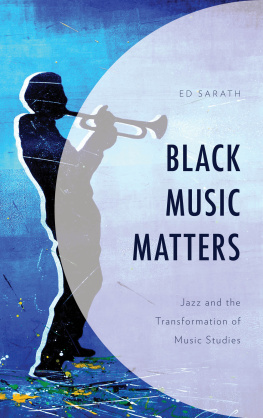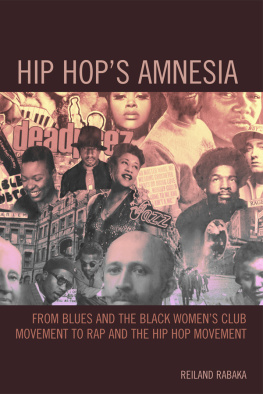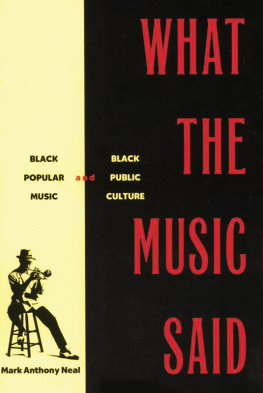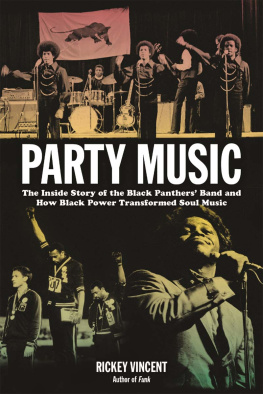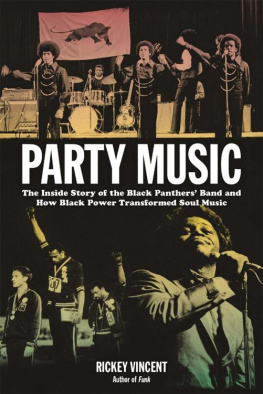Table of Contents
A heartfelt, knowledgeable indictment of the American system of compromise, particularly as it operates in the entertainment industry.... [It] is mountain high and river deep, expressed with loving urgency.
The New York Times Book Review
The Deathof Rhythm & Blues is a full-scale institutional history of R&B.... George can catch the feeling of a neighborhoodand ... he never neglects the bigger picturethe conglomerates on the horizon with their blueprint for taking over R&B, a Harvard Business School study that served CBS well into the 70s.
The Christian Science Monitor
An important and perceptive book.Library Journal
This is potent stuff and leaves musicology far behind.... [It] takes the things youve long enjoyedand taken for grantedand makes you think about them in new, often disturbing ways.The Boston Sunday Globe
The Death ofRhythm & Blues is the most fervent and telling piece of dissent from standard assumptions about black culture written this year.Boston Phoenix
ABOUT THE AUTHOR
Nelson George is the author of twelve nonfiction books on African American culture and of five novels. He has received two ASCAP-Deems Taylor Awards, a Grammy, and the American Book Award from the Before Columbus Foundation for Hip Hop America and Elevating the Game: Black Men and Basketball. Hip HopAmerica and The Death of Rhythm & Blues were also nominated for National Book Critics Circle Awards. He has written for national magazines, including Playboy, Billboard, Esquire, Spin, Essence, and TheVillage Voice, and has written and produced several television programs as well as three feature films. He was born in Brooklyn, New York, where he still lives. He can be reached at www.NelsonGeorge.com
For Robert Ford, Jr.,
Robert Christgau, and Adam White
ACKNOWLEDGMENTS
This book draws on the hundreds of interviews and stories Ive been involved in since my journalistic career began at the Amsterdam News in 1978. The first entertainment piece I ever wrote was a heavily edited story on Natalie Cole, which I hope is lost forever in the Am Newss yellowed files. Between then and now several people have been crucial to my education in the ways and means of rhythm & blues. Robert Ford, Jr., former roommate, surrogate older brother, and unappreciated five-star chef, taught me the record business from the ground up and is responsible for any flashes of absurdist humor in my prose. Adam White, during my two tours of duty at Billboard, hipped me to the British perspective on black music and gave me a chance to express myself in that magazines pages. Robert Christgaus rigorous editing and intellectual demands at the Village Voice gave me the confidence to pursue my ideas and taught me that criticism is not a popularity contest.
There are many other people I should thank for their contributions, direct and indirect, to this enterprise, so here goes: my agent Sarah Lazin sold it; Wendy Goldwyn understood it the first time I mentioned it on the phone and, even better, bought it for Pantheon; Patty Romanowski, that ever helpful book lady, structured it; Wendy Wolf and her co-conspirator Tony Borden beat it into shape; Sharon Lopez and Antonette Dailey word-processed it. The research of Steve Ivory and Jefl Hannusch aided me as did the pioneering R&B scholarship of Portia Maultsby. Alan Leeds, a man of two eras, and Russell Simmons, a man of vision and bravado, remain active symbols of R&B; Andre Harrell, Warrington and Reggie Hudlin, and Richard Wesley are members of the Uptown Crew; Lydia Hannibal, Sylvia Greene, and Charlotte Hunter were friends through thick and a bit of thin; Spike Lees Shes Gotta Have It, August Wilsons Fences and Joe Turners Come and Gone, and Charles Fullers Soldiers Story provided artistic inspiration.
Periodicals that I referred to in writing this book include (in no particular order): Billboard, Village Voice, Jack the Rapper, Black Radio Exclusive, Black Enterprise, Essence, Ebony, Jet, Players, New Music Express, Spin, Rolling Stone, Musician, Soho Weekly News, Goldmine, New York Times, Washington Post, Interview, Atlantic Monthly, Crisis, Wavelength, Soul Survivor, and the dear departed Record World.
It would be great to thank individually all those folks in and out of the music biz whose insights helped shape this book, but the list would be too damn long and Id hate to leave anyone out. I do, however, have to acknowledge the crucial input of musician-philosopher James Mtume, who injected some strong opinions during a few lengthy Brooklyn to East Orange phone calls. Many books were used as references, but three were essential to this book as technical, intellectual, and spiritual guides: Mystery Train by Greil Marcus, Blues People by Leroi Jones, and Crisis of the Negro Intellectual by Harold Cruse.
INTRODUCTION
A MEDITATION ON THE MEANING OF DEATH
From the Manhattan window of the black record executives office I could see tourists and office workers seeking ice cream, hot dogs, and an open space in the shadow of Rockefeller Center. We sat inside, the walls lined with framed posters of Coltrane and Diz and Bird and Miles. I was surprised there were no gold records hanging there, since in his two decades as a record retailer, promotion man, and now vice-president of black music for a major corporate label, the executive had been involved in the sale of millions of records, tapes, CDs, and, when they made them, eight-track tapes. We were talking about crossoveran industry term for shifting the sales base of black performers to the larger white audienceand its effect on black music. He was remarking how so much of todays music lacked what he called that intangible something.
Somewhere in the middle of those comments he volunteered that he regretted never making a big effort to expose my children to black life. Over the past fifteen years hed used his steadily increasing income to raise two kids in the San Fernando Valley and later in a New Jersey bedroom community. He now found that despite the jazz reissues he brought home and the exposure to all the black pop artists his career gave them, his kids thought Phil Collins was as funky as Cameo and that hanging out in malls was a lot more fun than visiting relatives in Uptown, U.S.A.
He made no apologies for providing the best he could for his family. Nor should he. Integrated schools, the Topsider life-style, and the promise of college and a meaningful career were what it was supposed to be all about. Yet as his kids grew older, it was clear they didnt feel the same way about things. To his ears, nothing from affirmative action to soul food, from the welfare state to James Brown, was understood or appreciated. He wondered aloud whether hed done something wrong and, if he had, what could he have done differently?
I have given this book a deliberately provocative title, but one that epitomizes the perspective of this work on post-World War II black popular music and black culture in general. Something died. It may come back in some form. In fact, Im sure it will. But only by studying its death can we understand how that intangible something can be revived and sustained.
First of all, what is rhythm & blues? For the purpose of this work it has two meanings, one musical and one socioeconomic. The term originated in the 1940s as a description of a synthesis of black musical genresgospel, big-band swing, bluesthat, along with new technology, specifically the popularization of the electric bass, produced a propulsive, spirited brand of popular music. A decade later it would be called rock & roll to camouflage its black roots, and subsequently soul, funk, disco, rap, and other offspring would arise from these roots. Throughout this book Ill often use the term rhythm & blues in conjunction with those other terms because they are so strongly linked historically, and because crucial elements in the music have never changed.

